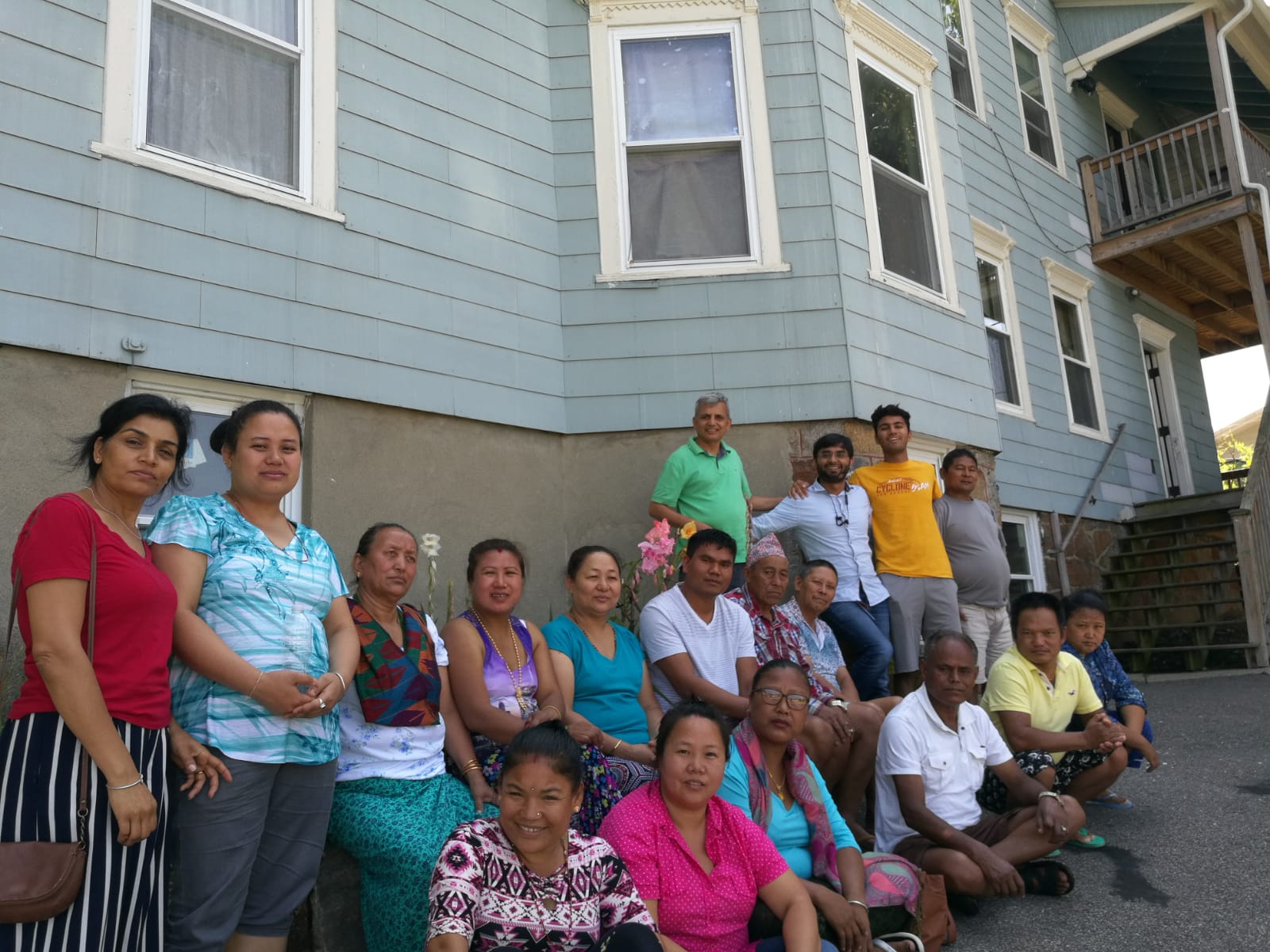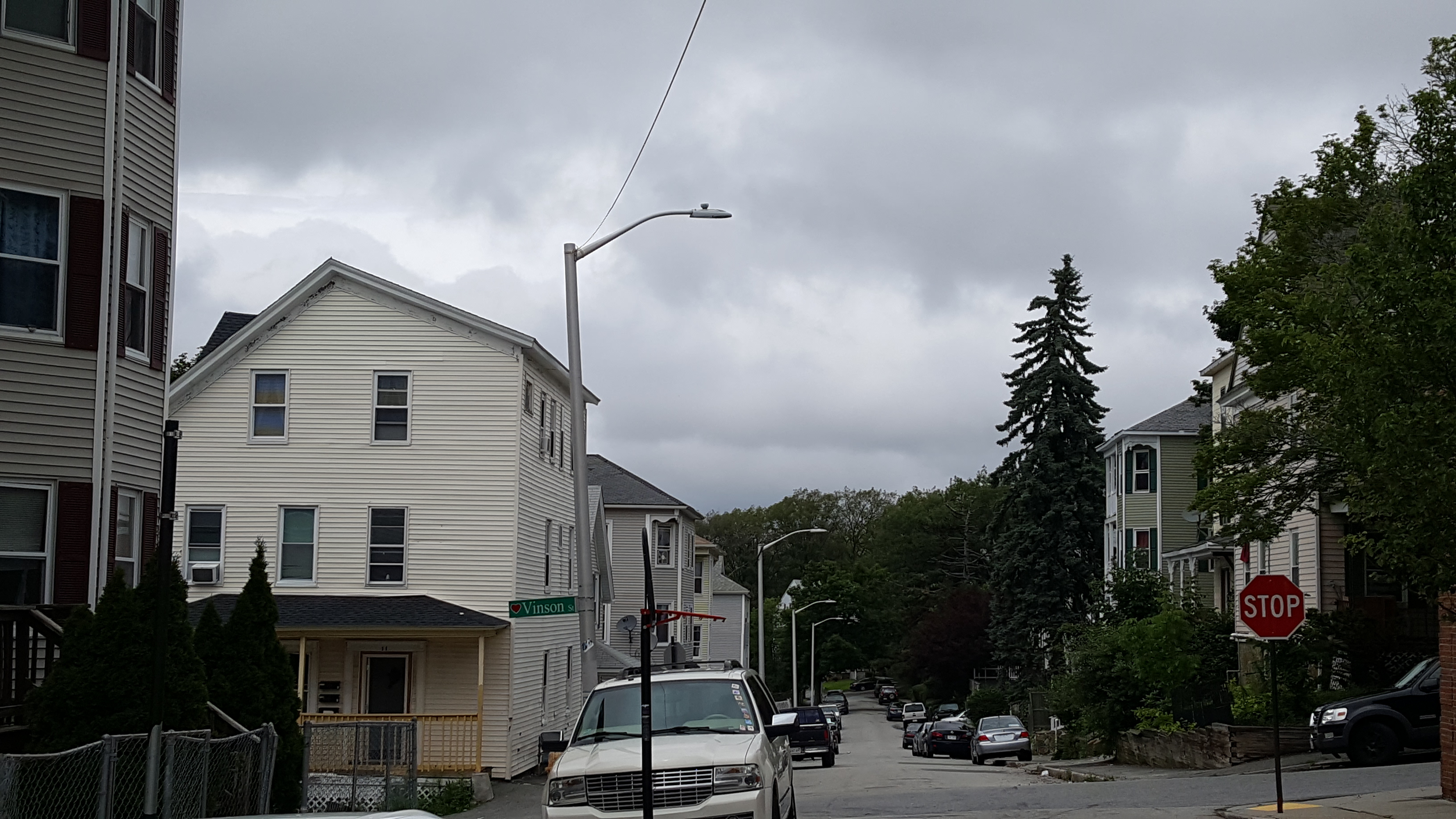
I met with Purna Neupane at his home in Shrewsbury, MA, in the middle of July. Neupane is a refugee who left Bhutan and with assistance from the United States government, landed in Worcester, a nearby suburb, in October 2008. Neupane recounted his life's journey—finishing his undergraduate education in Bhutan and co-founding the Advocacy for Refugee & Immigrant Services for Empowerment (ARISE), a non-profit that supports refugees in the greater Massachusetts area.
"After two months of my graduation [from Bachelors], I was made a refugee, so I had to leave the country because there was an ethnic cleansing, the political turmoil in Bhutan, [and] the absolute monarch cracked down." This led to "rape, stealings, and arrests, so to escape that, we had to flee the country," Neupane said.
After being denied entry to India at the border and living as a refugee in Nepal from 1992 to 2008, Neupane said he came to "America through a refugee resettlement process since "there was no hope of going back to Bhutan." Neupane returned school in the U.S. and got his Masters in environmental science and policy in 2013. His son and daughter grew up and finished their undergraduate studies in the United States. His son will serve as a mechanical engineer in the U.S. Air Force, and his daughter is working on a Masters in Public Health at Boston University.
Neupane has decided to become a social worker: "I work with the unaccompanied refugee minors now. Before that I was working in the same company but a different department, and now I have my own non-profit named ARISE."
Neupane discussed the language and housing support that ARISE provides to local refugees. However, what intrigued me was how ARISE was combating the high rate of suicide, double the national average, among Bhutanese refugees. Neupane explained: "We trained about 43 of the gatekeepers last year with a small grant through Worcester Foundation, and still we are working on that. We go to the community, we do kind of awareness about suicide how we can prevent it."
By performing advocacy and educational work around suicide, Neupane said the community has seen positive results: "In two months, there were two suicides in Vermont but not in Worcester, so it is very important that we give training to the community people beyond youths especially about suicide prevention and how we can help the people with the suicidal ideation."
After our chat at his home, Neupane walked me around the community to show where his friends and other refugees he helped resettle stayed. I reflected on the diversity of refugees and immigrants living just 40 miles southwest of one of America's largest cities. I admired the desire of the many refugees I met in Shrewsbury to learn English and find employment despite the numerous obstacles and uncertainty they endured on the way there. I also realized that if the government wants to bring refugees here, then it needs to construct public infrastructure that addresses the gaps that non-profits such as ARISE are trying to fill like affordable healthcare, quality education, and accessible housing. When these needs are met, refugees such as Neupane have shown that they can make tangible contributions to their local communities. However, why bring people here if they are not guaranteed the economic and social opportunities the government portrays?






